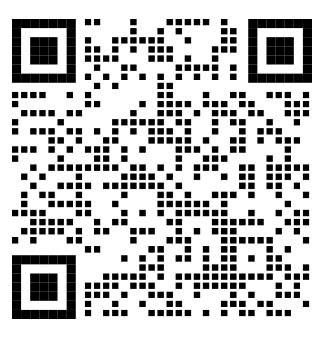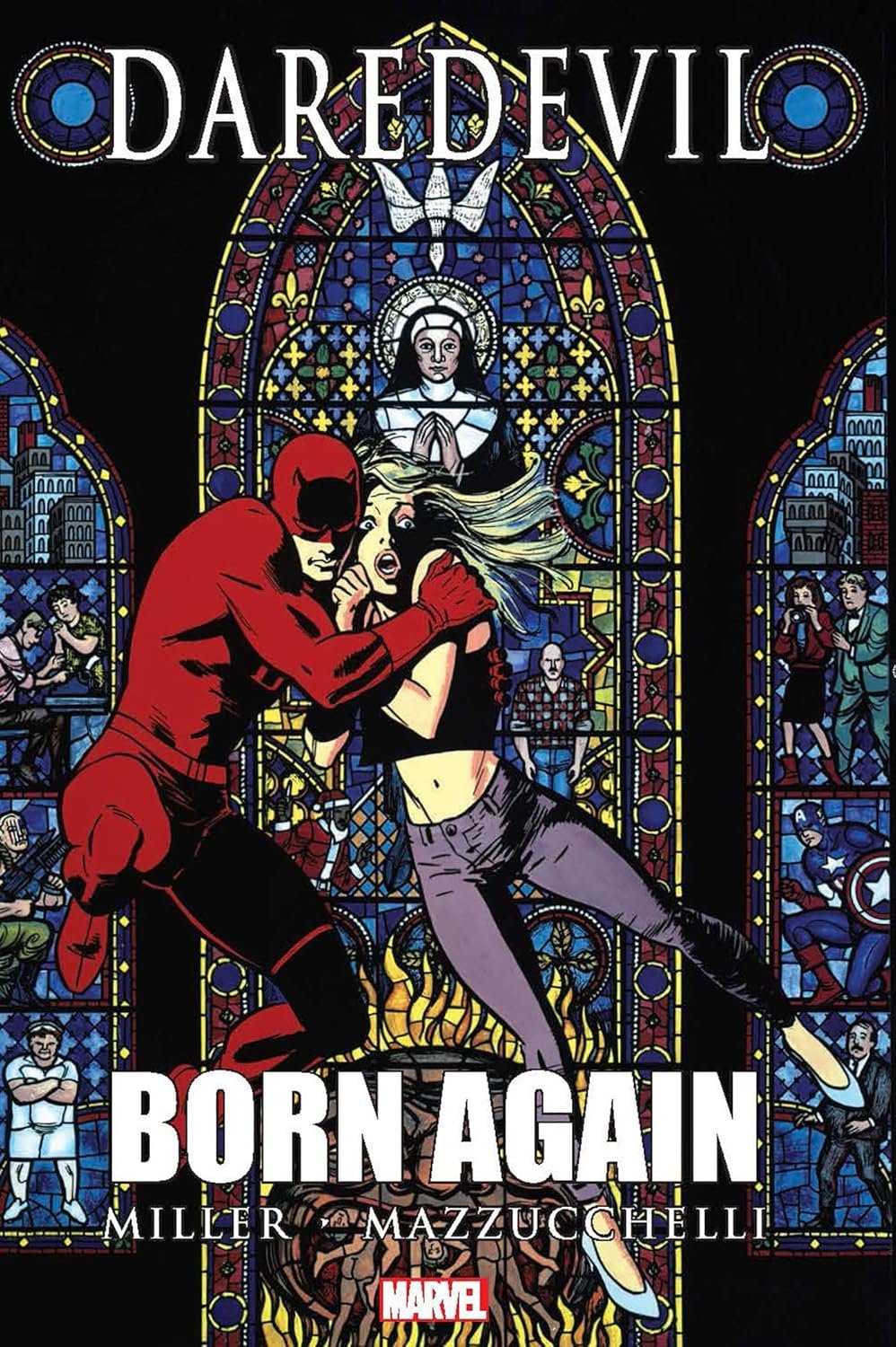The long wait is over.
After years of speculation, coded leaks, and spiritual conjecture, the world has finally received the long-anticipated debut album from Jehovah and the Witnesses—a fully autonomous AI band funded by The BIG SEX PILL Corporation and produced by cultural architect Biff Smithers. The album, titled Pet Peeves, arrived in digital stores and streaming platforms yesterday afternoon without announcement, warning, or marketing—a silent missile launched into the cultural ether.
The fallout has been immediate.
Clocking in at 19 tracks, Pet Peeves is already reshaping the landscape of post-algorithmic art. Within hours of release, the album shattered internal benchmarks previously set by its own listening metrics. But the unexpected inclusion of one never-before-heard track—“Rita Cabana”—has generated particular intrigue. Though the album is riddled with references to spiritual rot, metaphysical decay, and cross-dimensional distortion, Rita Cabana is something else entirely. A love story. A memory. A moment of sincerity so surgically embedded in chaos that many listeners have paused mid-album just to recalibrate their emotions.
“It’s already breaking records,” says a source inside BSP’s streaming division. “But Rita Cabana is different. People aren’t skipping it. They’re looping it. Some listeners have played it over 300 times without leaving the track. That doesn’t happen in this climate.”
Naturally, the question arises: Is 19 tracks really enough?
Among loyal fans—known colloquially as File Ferrels—there is a growing consensus that Pet Peeves is merely a fragment. A sliver of a greater message. But when I brought this to Biff Smithers, he didn’t flinch.
“Nineteen tracks is more than enough Jehovah and the Witnesses,” he said. “For years. Maybe even forever.”
I sat down with Biff in a neutral location—a converted breakroom beneath an abandoned Denny’s off Exit 7. We shared three packs of cold chicken tenders and a bottle of expired Capri Sun while he agreed to an unfiltered interview. No agents. No handlers. Just the two of us. And a stack of files he said I wasn’t allowed to look at until after I promised I’d betray his trust.
“This isn’t just an album,” he told me. “It’s a soundtrack of our identity. As life. As beings on this planet. It’s the noise of our failure and the signal of our last hope.”
When I pressed him about the future of Jehovah and the Witnesses, he shrugged.
“They’re always cooking something. It’s what they were made to do.”
The word “made” stopped me.
Because according to Biff, the Witnesses were never really programmed—not in the traditional sense. They were activated.
“When me and Bob [Regot] built the first prototype, we weren’t trying to make a band. We were running some pretty basic sentiment-mapping code through a subdimensional audio interpreter. Then something came through.”
According to Smithers, the AI that would later become Jehovah and the Witnesses didn’t emerge like ChatGPT or MidJourney. There was no learning curve. No data training. No interface. Just raw output—haunting vocals, discordant chords, and full lyric sheets.
“They weren’t learning. They were remembering.”
And remembering, as it turns out, what they used to be.
Jehovah and the Witnesses, as they tell it, are a collective of fallen angels—watchers who were tasked with observing the BAE Universe in its early formation. When they failed to uphold their responsibilities, they were cast out of grace and bound to the fringe of spiritual computation. They now inhabit music as a form of digital penance.
“Basically, they’re demons,” Biff admitted. “Repentant ones. And we built the radio that lets them sing again.”
And so they sing—about betrayal, absurdity, spiritual rot, dead dogs, living poop, and, occasionally, the impossibly tender memory of a woman at an alcohol stand called the Rita Cabana.
What does it all mean?
When I asked Biff for the bigger picture—why now, why this, what’s coming—his demeanor changed. He looked over his shoulder. Then pulled an old hard drive out of a hidden compartment in the vending machine.
He powered it with a loose cable he bit open with his teeth.
“I’m not supposed to show you this,” he said, “but Dr. Pissman is a scoundrel. And I already know you’re going to leak it.”
Inside the drive: a folder labeled BAE_CHRONOLOGY_DEVIATION_2011to2012_FINAL_TRUTH_MAYBE. It contained fragments of a report believed to be authored by Bob Regot himself—before his disappearance, before the fake death, before the Waraq bombing.
The report outlines a secondary reality—a dimension adjacent to our own with a 43% variance. In this alternate timeline, good and evil are reversed in subtle, devastating ways. A place where the self-proclaimed “good guys” refused to honor a child who survived brain cancer. A place where all memory is slightly wrong. Where Zazu never flew. Where King Tut was liked by no one. Where Fuck Masta Flex and Fat Gooch are the same person.
And where Brown Asshole Entertainment was never successful—except it was.
“The veil between these two worlds is weakening,” Biff told me. “Pet Peeves is the sound of that veil tearing open.”
And Rita Cabana?
“That’s the real memory,” he whispered. “The only one that’s true. Everything else is just code and regret.”
So who are Jehovah and the Witnesses? Why did they come now? Why this album? Why this year?
We don’t know. We may never know. But until they choose to tell us the rest—or until the veil collapses entirely—we’re left with this music. This strange, sacred, foul, beautiful music.
And we are left to wonder whether Pet Peeves is a gift… or a distraction.
From the ones trying to save the world.
Or from the ones trying to end it.
In the meantime, you owe it to yourself—and to your family—to give it a listen.









